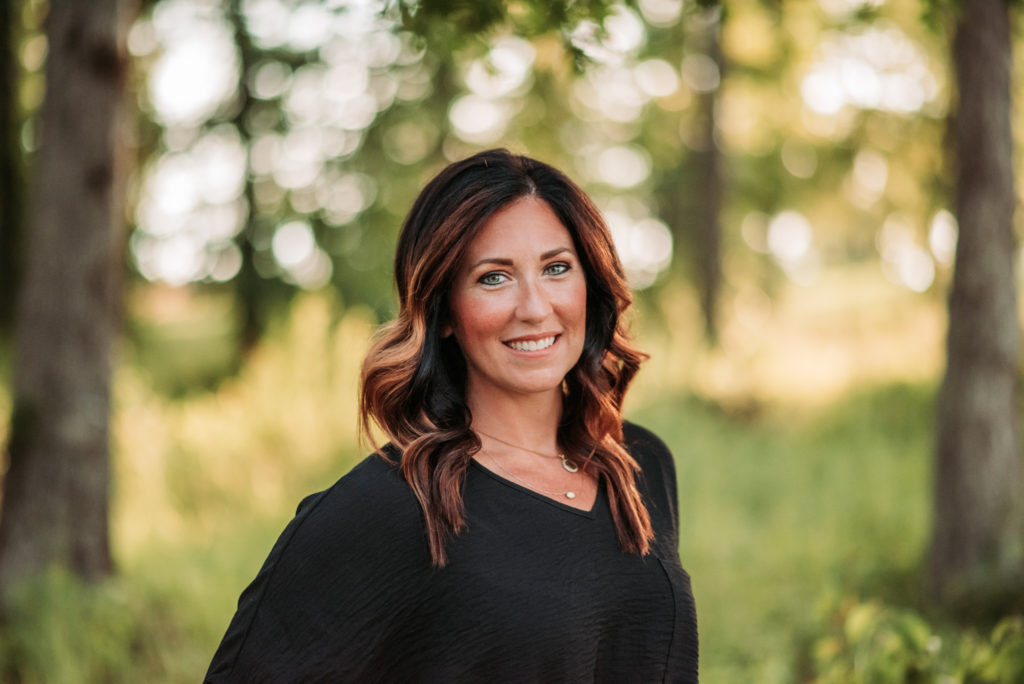I’ll go ahead and confess something: I’m a horrible plant mom. Maybe the worst plan mom. I can’t keep them alive. I have the best intentions, but over time, I just forget they exist. They shrivel up and inevitably wind up in the big trash can outside. And my poor flower beds aren’t much better. Honestly, they’re in shambles. Almost everything I planted when we built our new home has died. I have little knowledge of plants, and I probably did an awful job preparing the dirt. I didn’t cultivate it, and I certainly didn’t continue to tend to it.
Cultivation takes time. It takes attention. It takes plunging your hands into the dirt, turning it over, and pulling out weeds that suffocate anything of beauty.
But how much more does it take to cultivate a love of the Lord? How much more does it take to foster an environment in our homes in that our children can grow and thrive spiritually?
It’s going to take getting our hands dirty. It’s going to take conscious effort and willingness to yank out the weeds.
When we look at discipleship in Scripture, we see the perfect example in Jesus. What did it look like? Jesus modeled what He taught. That’s it. He simply shared life with people and showed them how to live. And that’s what we’re called to do for our children. My greatest calling as a mom is partnering with my husband to disciple our children (Eph. 6:4). If I don’t do this, I am failing them, no matter how much success they may achieve in life. I want to point them to Jesus. There is too much at stake if I don’t do so.
What needs to go? What weeds are making it difficult for our children to grow deep roots?
- Overcommitment.
It has become the norm in our culture to survive under the weight of a packed schedule. We run kids from one practice to another and then scarf down supper while finishing homework. Before we have a minute to breathe, it’s bedtime. But is our schedule choking out opportunities for our children to ponder and discuss? Their involvement in things they enjoy isn’t the enemy here. But if we are going to free up time for what’s important, we must learn to say no to the non-essentials. We must figure out what activities deserve our time.
- Lack of time in the Word and in prayer.
Our own time in the Word matters more than we realize. We can’t lead our children there if we aren’t also spending time in it. We can’t disciple them if we aren’t disciples ourselves. It’s easy to get our priorities out of order because we balance so much as women. But if we’re going to effectively guide our children, we also must draw from the Source. We can’t live without it. When we attempt to, we wind up drained and starved. Amen?
- Social media and television.
Hear me when I say not all social media is bad. Not all television is bad either. But do we have standards for our families in these areas? Are we allowing too much freedom and exposure to content that our children aren’t ready to handle? As a former high school English teacher, I can tell you that social media is training and discipling our children; it’s shaping their worldview and leading them into confusion. They desperately need us to set healthy boundaries in this area.
So how do we cultivate discipleship on a daily basis, in our daily rhythms, in the chaos and running around?
- Model commitment to God’s Word.
We take our children by the hand and show them God’s Word is alive in our own lives. That it’s active. That it changes everything. We speak it when we rise, when we sleep, when we rest, and when we move (Deut. 6:7). We show them that God’s Word is so much more than a list of rules. We show them that it’s our very life (Deut. 32:46-47). And we do this by authentically living out its truth in front of them, even when it’s hard and counter to culture.
- Have a daily quiet time with them.
Right before we tuck our kids in at night, we sit on their beds and read through a short devotional. It can be tempting to quickly read it to check it off a list, but this time is so important. God’s Word is where I want my children to turn. During the span of their lives and when I am long gone, I desperately want them to find all they need among the pages of Scripture and in communicating with their heavenly Father. When they walk through joy, blessing, disappointment, heartbreak, fear, or grief, I want them to know the truth is in God’s Word.
- Pray with them.
One of my favorite moments in my day is when my kids climb into my car and tell me all about their day. God also longs to hear from them; He longs to have a relationship with them. I want my children to talk to the Lord even more than I want them to talk to me. They need me, but they need Him so much more. The best way our children can begin to see how prayer works is by hearing our own prayers in times of joy, stress, sorrow, and anxiety. It’s important for us to show them that we can be honest and transparent with God. Here is a great model to get started:
Tell God why He is good (Praise).
Tell God what you are thankful for today (Thanks).
Tell God anything you’re sorry for (Confession).
Tell God what you need help with (Request).
In discipling Timothy, Paul told him something so important. I am going to paraphrase: “Remember, you’ve seen my victories, my steady faith, the way I live my life . . .” But here is the part that causes me to pause: “You’ve also seen my losses, my devastations, the times I suffered and was persecuted . . . model me . . .” (2 Tim. 3:10-11; 14-15).
Our kids see it all.
Discipling our children may be one of the most difficult and most refining processes in life because they see everything. They see our church faces. They hear our voices raise a melody in worship. And then they see us in our daily lives. They hear our conversations, our grumbling and complaining, our gossiping. They see our reactions. Our hardships. Our stress. Our financial struggles. Our losses. Our grief. Do we want them to model what they see?
What they hear and see within our homes teaches them more about the Gospel than anything else. It’ll either confirm or contradict God’s Word. Discipling them happens when we tend our own soil. When we daily choose to follow Jesus, when we daily dwell in His Word, and when we live as an example of its truth in the face of hardship.
This is how we cultivate the soil. This is how we turn it over and lift out the weeds. And what springs forth from the dirt will be beautiful.

Alecia Bryant is the content and brand owner for The Gospel Project. She is married to Chris, the discipleship pastor in their local church. Alecia is passionate about helping other women see the value of God’s Word in their daily lives so that it impacts their homes. She believes God’s Word is an incredible gift. When she isn’t writing, you can find Alecia hunting down a bowl of queso with her family. She lives in Louisiana with her husband and their two children, Parker and Avery. You can connect with Alecia on her personal blog: wovenword.org.

